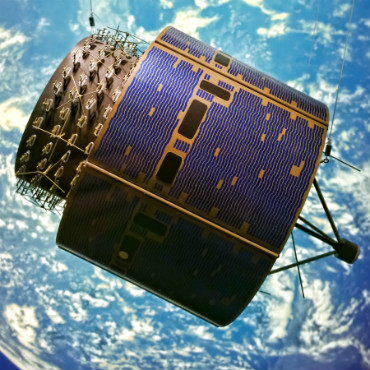Launch delay won't open weather data gap, NOAA says
NOAA bumped the launch of a key weather data collection satellite to October 2016, but the agency doesn't anticipate a gap in weather forecast data because of the change.

A National Oceanic and Atmospheric Administration official told lawmakers on Dec. 10 that the launch date for its Geostationary Operational Environmental Satellite R-Series had been moved from March 2016 to October 2016 because of a problem with the solar array.
"The additional time required to remove, fix, reinstall and test the [solar array drive assembly] made achievement of the March 2016 launch date very unlikely," said Stephen Volz, assistant administrator of NOAA's Satellite and Information Service. The solar array drive assembly rotates to allow the wing to always face the sun.
He made the statement in testimony before a joint hearing by the Environment and Oversight subcommittees of the House Science, Space and Technology Committee.
Lawmakers have been concerned that the delay could cause a gap in NOAA's ability to gather crucial weather data used for forecasting and for predicting storms.
"While no delay is good news, those who have been following the history of NOAA's satellite programs of record are likely not surprised," said Rep. Jim Bridenstine (R-Okla.), chairman of the Environment Subcommittee.
He said GOES and NOAA's Joint Polar Satellite System have seen numerous delays that could result in a data gap as older satellites go out of service or are damaged in orbit in the next couple of years before the new satellites are scheduled to go into service.
"We don't anticipate any gap," Volz told lawmakers, adding that the current satellites are aging but functioning well.
David Powner, director of IT management issues at the Government Accountability Office, said NOAA has stretched older satellites' operational thresholds to cover a gap in backup coverage that could potentially last 11 months.
Volz said NOAA officials are seeking to make the data gathered by the satellites more accessible to commercial entities, as other federal agencies that harvest huge quantities of data have done. NOAA has been meeting with industry leaders to discuss how to commercialize its vast amounts of weather data and has held workshops to explore policies for protecting certain sensitive data. Volz said officials expect to issue a commercialization policy in January.
NEXT STORY: Digital engagement is important to voters





